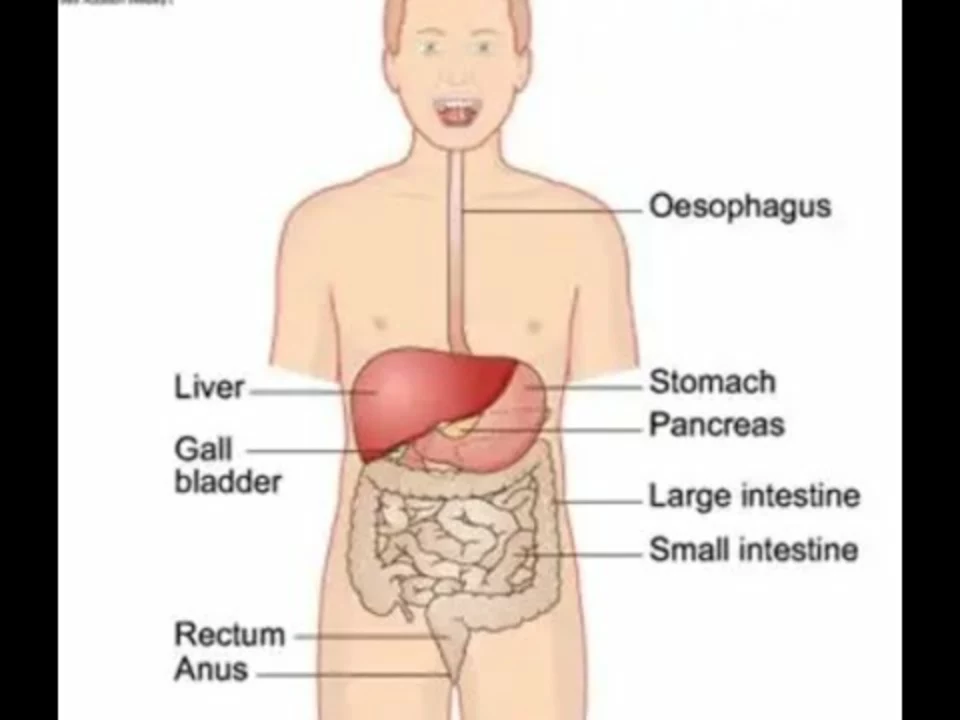Virus Basics You Need Right Now
If you’ve ever wondered why a simple sneeze can feel like a full‑blown crisis, the answer lies in viruses. These tiny invaders slip into your cells and hijack them to multiply. The good news? Knowing how they work lets you block their entry points and pick the right treatments.
How Viruses Spread – No Mystery Here
Most viruses travel through droplets, direct contact, or contaminated surfaces. Think of a crowded bus: one cough, and you’ve got a cloud of microscopic particles. Hands are the most common bridge—touch a doorknob, then your face, and bam, the virus is inside.
A quick habit change can cut risk dramatically. Wash your hands with soap for at least 20 seconds, use hand sanitizer when water isn’t handy, and keep distance from anyone coughing or sneezing. Simple, but effective.
When to Reach for Medication
Not every virus needs a prescription. Most colds clear up on their own with rest, fluids, and over‑the‑counter pain relievers. However, flu, COVID‑19, and certain herpes viruses can get serious fast.
If you notice high fever, shortness of breath, or a rash that spreads quickly, it’s time to call a doctor. Antiviral pills like oseltamivir (for flu) work best when started within 48 hours of symptoms. For chronic issues such as herpes, daily suppressive therapy can keep outbreaks at bay.
Never self‑prescribe antibiotics for a virus—they won’t help and may cause resistance. Instead, ask your pharmacist about supportive care options: decongestants, throat lozenges, or fever reducers that are safe with any other meds you’re taking.
Staying ahead of viruses also means keeping up with vaccines. Flu shots every fall, COVID boosters as recommended, and the HPV vaccine for teens are proven ways to keep severe illness off your radar.
So, what’s the bottom line? Spot the symptoms early, use proper hygiene, and match the right medication to the virus type. When in doubt, a quick chat with a healthcare professional can save you from unnecessary meds and give you peace of mind.
Keep this guide handy next time you feel under the weather. A few smart moves now can stop a virus from turning your day upside down.
Shingles and Your Digestive System: How the Virus Affects Your Gut
In my latest blog post, I discussed the connection between shingles and its impact on our digestive system. I learned that shingles, caused by the reactivation of the chickenpox virus, can affect the nerves in our gut, leading to digestive issues like nausea, vomiting, and abdominal pain. It's important to understand that timely treatment for shingles can help prevent the progression of these symptoms. Additionally, maintaining a healthy immune system can reduce the risk of shingles reactivation. Overall, it's crucial to be aware of the link between shingles and our digestive system to better manage our overall health.
More
